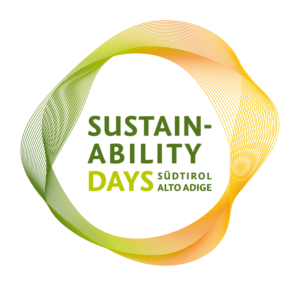About
While humans have always shaped their environment, industrial modes of production and living as well as the capitalist growth imperative have propelled the appropriation and commodification of labor and natural resources to previously unknown dimensions. This development has been accompanied by rapid social change and unintended environmental side-effects such as climate change and biodiversity loss which have contributed to unprecedented changes in the Earth system. While technology can help to face some of the entailed challenges, reliance on yet to be discovered technological innovation alone, seems to be ignorant of a root cause of the problem: currently dominant, unsustainable human-nature relationships. This urges for a fundamental reconsideration of the ways in which a large part of humanity conceives of and interacts with the more-than-human world.
Mountains can serve an important role in this task. Due to their topography that has often determined communities’ isolation from the globalised world, mountain areas show a wealth of cultural diversity and strong social-ecological dynamics that rely heavily on the harsh environments that characterize these ecosystems. The exposition to natural forces has required inhabitants of mountain regions to adapt to and live with, rather than against, nature. This presupposes a certain degree of humility and awareness towards one’s natural environment, which might be less pronounced in contexts where the detachment from the environmental surrounding is higher. However, even those who visit and climb mountains know from first-hand experience that respect for the mountain and the boundaries set by it can become a prerequisite for one’s own survival.
Against this backdrop, the second edition of the Global Mountain Sustainability Forum (GMS Forum 2022) aims at exploring sustainable and resilient human-mountain relations in light of current societal and environmental challenges humanity is faced with. In doing so, the conference strives to provide a platform for multi- and interdisciplinary discussion while shedding light on the lessons to be learned from mountains and mountain communities in relation to the sustainable reorganisation of modern societies. A special focus will be placed on the dynamics between highlands and lowlands (see the main thematic sessions here). Detailed programme coming soon!



